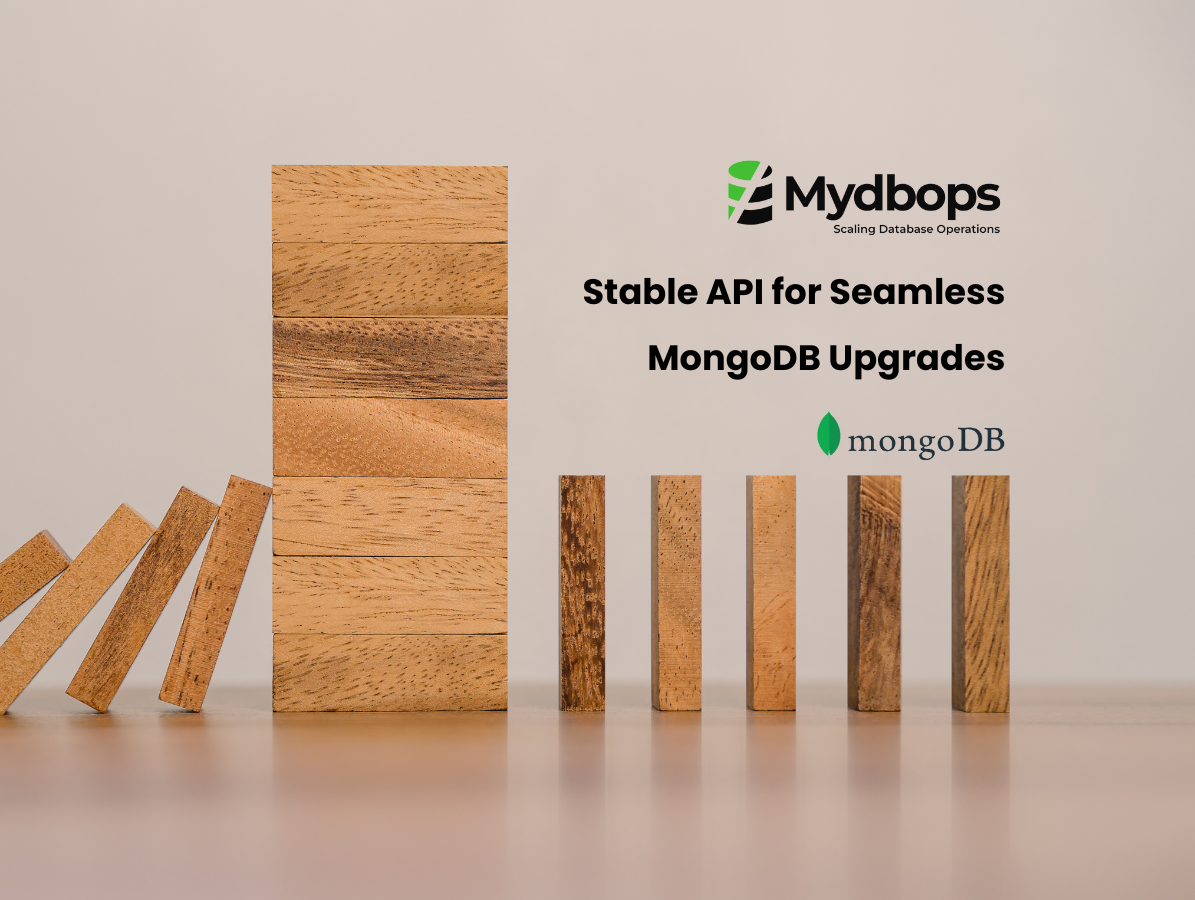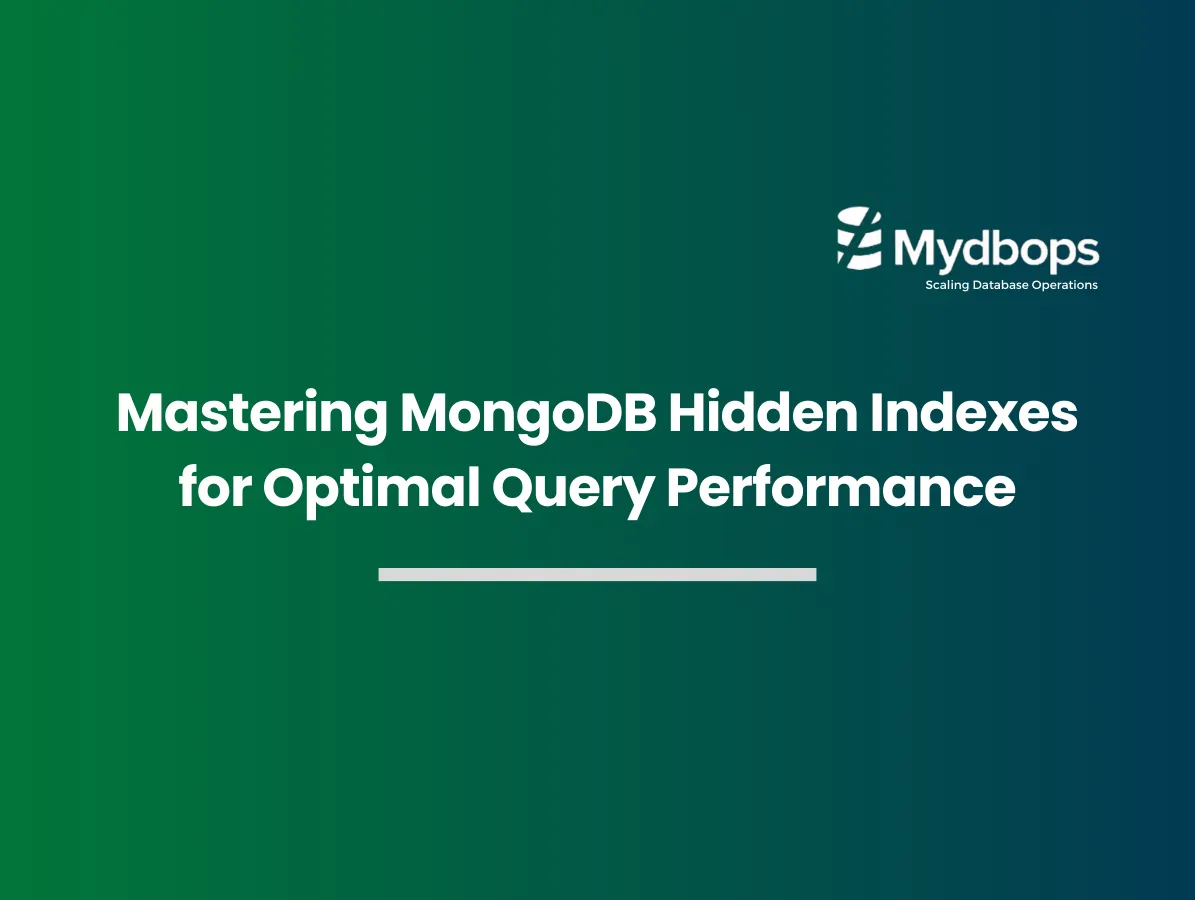Query performance is a critical focus area for any database professional aiming to deliver fast, efficient, and scalable applications. This tag covers in-depth insights into analyzing, tuning, and optimizing database queries to reduce latency, improve throughput, and enhance user experience.
Maintaining high query performance is essential for ensuring that your database systems can scale with growing workloads and complex data interactions.
Query performance revolves around how efficiently a database engine processes SQL queries. Factors influencing performance include query structure, index usage, execution plans, data volume, and server resources. Optimization techniques such as query refactoring, index tuning, caching, and analyzing EXPLAIN plans play a pivotal role in reducing query execution times. These principles apply to MySQL, PostgreSQL, MongoDB, and other database platforms.
Frequent performance issues include slow-running queries, high CPU usage, missing indexes, or inefficient joins. The blogs under this tag provide proven techniques and step-by-step tutorials for identifying bottlenecks using tools like slow query logs, pt-query-digest, and native performance schema insights. Real-world case studies also help readers learn from common pitfalls and best practices.
Dive into our curated content on query optimization strategies and performance tuning. Whether you're debugging slow queries or designing for scale, Mydbops offers expert solutions and consulting to supercharge your database performance.




